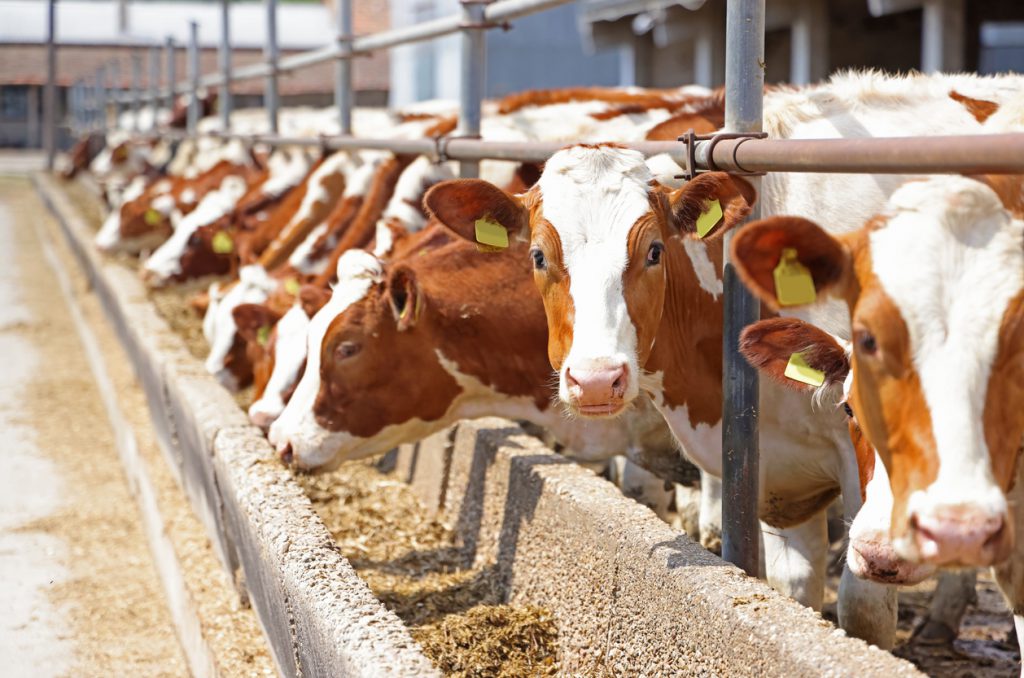Pollution: MEPs support stricter rules to reduce industrial emissions

The Environment Committee adopted its position on EU rules to further reduce pollution and steer large agro-industrial installations in the green transition.
The industrial emission directive (IED) lays down rules on the prevention and control of pollution from large agro-industrial installations emissions into air, water and soil. It forms part of the EU’s green and circular transformation of industry, bringing significant health and environmental benefits for citizens.
The installations covered by the rules can only operate if they successfully obtain a permit, granted by national authorities, except for some farms that are only obliged to register. To better prevent and control pollution, the revised IED requires national authorities to further reduce pollutant emission limit values, based on so-called ‘Best Available Techniques’ (BAT), when revising permits or setting new permit conditions.
More industries and livestock farms covered
MEPs backed the Commission proposal to extend the IED to extractive industry installations (mines), large installations manufacturing batteries (except for installations exclusively assembling battery modules and battery packs) and larger-scale cattle farming as well as to more pig and poultry farms.
Concerning livestock farms, MEPs voted to include pig farms and poultry farms with more than 200 livestock units (LSU) and cattle farms with 300 LSU or more. For farms rearing more than one type of these animals, the limit should be 250 LSU. MEPs proposed to exclude farms raising animals in an extensive manner. The Commission originally proposed a threshold of 150 LSU for all livestock. MEPs also underline the importance of ensuring producers outside the EU meet requirements similar to EU rules.
Transparency and public participation
MEPs also voted to increase transparency, public participation and access to justice in relation to the permitting, operation and control of regulated installations. The European Pollutant Release and Transfer Register would be transformed into an EU Industrial Emissions Portal where citizens can access data on all EU permits and local polluting activities.
The report on the industrial emission directive and the directive on the landfill of waste was adopted by MEPs with 55 votes in favour, 26 against and six abstentions, whereas the regulation on the Industrial Emissions Portal was adopted with 78 votes in favour, three against and five abstentions.
Next steps
Parliament is scheduled to adopt its mandate during the July 2023 plenary session after which negotiations with Council on the final legislation can start.
